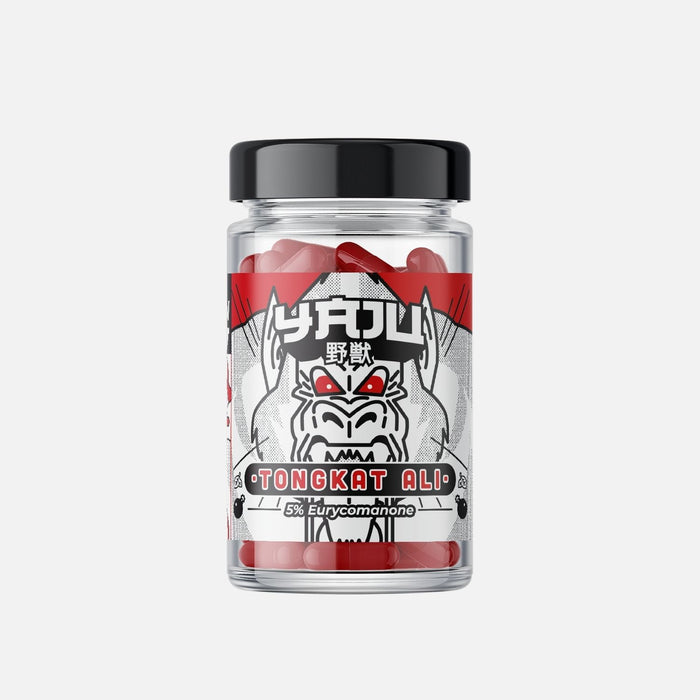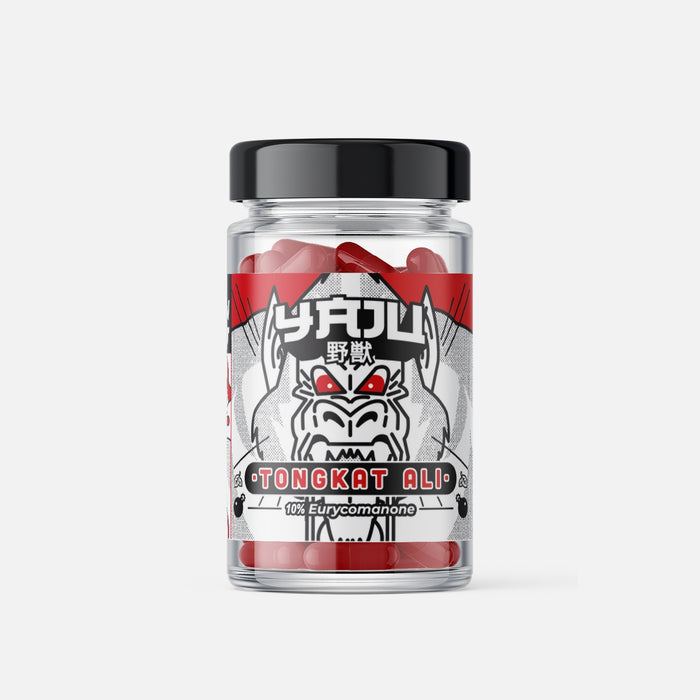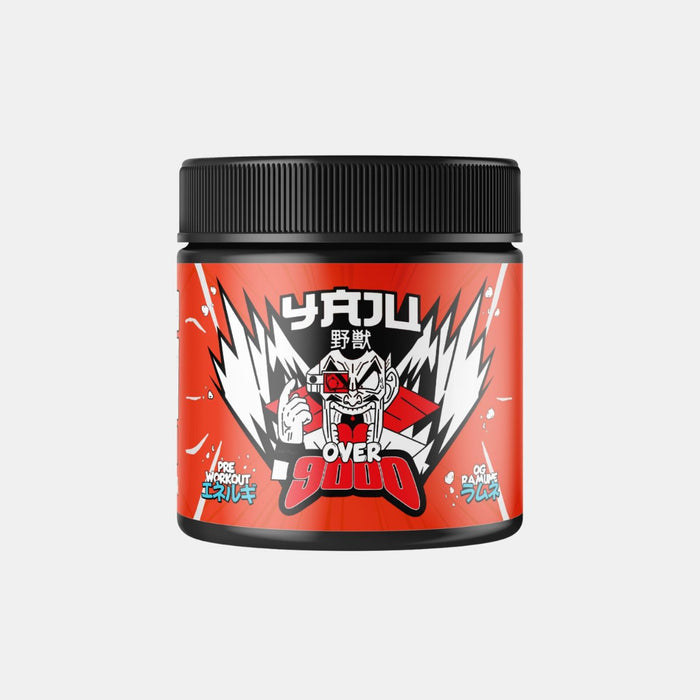All about Magnesium Threonate
Magnesium deficiency in the daily diet is a common problem.(1)
This is concerning because the body and brain use magnesium in many processes.(2)
Although it is preferable to obtain magnesium from food, there are a number of problems.
Magnesium levels in foods that should be high in magnesium are also well below where they should be. Research has shown that magnesium levels in most foods decrease. In addition, it has been discovered that these drastic decreases in magnesium appear to be due to the quality of the soil on which foodstuffs grow deteriorating.(3)
What is Magnesium Threonate?
Magnesium L-threonate is a form of magnesium that is linked to the amino acid threonine. Magnesium Threonate contains approximately 8% elemental magnesium. The special thing about Magnesium threonate is that it is one of the few forms of magnesium that can cross the blood-brain barrier (a filter in your brain that protects against harmful substances) and can increase the concentration of magnesium in the brain. (4)(5)
Other forms of magnesium such as magnesium oxide and magnesium citrate cannot cross the blood-brain barrier, which means that it is difficult to increase the concentration of magnesium in the brain with other forms of magnesium. However, magnesium L-threonate is able to increase the concentration of magnesium in the brain, giving it the potential to provide a number of brain health benefits.
Benefits of Magnesium Threonate
- Improved cognitive function and memory
- Magnesium L-threonate may improve memory and cognitive function by increasing synaptic density in the brain. A study of 109 healthy Chinese adults aged 18-65 showed that after 30 days a dose of 2 grams of Magnesium Threonate, people who received magnesium threonate performed better on memory tests than people who received the placebo. Older people in particular showed the greatest improvements.(6)
- Another study published in the journal Neuron found that magnesium threonate increased the number of synaptic connections in the brains of rats, improving their ability to learn and remember information.(7)
- After 12 weeks of taking magnesium l-threonate, a study with 15 people with dementia showed positive results in their cognitive functions.(8)
However, larger clinical trials are needed to determine whether magnesium threonate could be an effective, easily accessible, and affordable adjunctive treatment for people with Alzheimer's. - In addition, a study in mice shows that magnesium threonate has protective effects against oxidative stress damage and the death of neurons in the hippocampus.(9)
- Decreased Symptoms of Anxiety and Depression
Magnesium threonate may help reduce symptoms of anxiety and depression. A study published in the Journal of Affective Disorders found that magnesium supplementation was effective in reducing symptoms of depression in adults.However, it is important to note that depression is a complex condition and further research is needed to fully understand the effects of magnesium supplementation on the symptoms of depression.(10)
- Promotes Healthy Sleep
Magnesium plays an important role in regulating our biological clock and relaxing the muscles. Research has shown that magnesium supplements can help reduce insomnia and improve sleep quality.
(11)
- Improves Sports Performance
Magnesium plays an important role in energy production in the body and supports the functioning of the muscles. It can therefore help improve sports performance and reduce muscle cramps and fatigue.(12)
- Lowers Risk of Heart Disease
Magnesium may help regulate blood pressure and reduce inflammation in the body, both risk factors for heart disease. Several studies show that magnesium supplements can lead to a reduction in the risk of heart disease.(13)
Helps Regulate Blood Sugar Levels
Magnesium is involved in the regulation of insulin, the hormone that regulates blood sugar levels. A magnesium deficiency can lead to insulin resistance and an increased risk of type 2 diabetes.(14)
Side Effects of Magnesium L-Threonate
- Diarrhoea, nausea and abdominal pain
With a too high intake of magnesium you can get complaints such as diarrhoea, nausea and abdominal pain. You can prevent this by taking less than 300 mg of elemental magnesium.
- May not be effective for everyone
While magnesium L-threonate is effective for many people, it doesn't work for everyone. Some people may benefit more from other forms of magnesium supplements such as magnesium bisglycinate, magnesium taurate or magnesium malate.
How to use Magnesium L-Threonate
Take about 140-150 mg of elemental magnesium per day from magnesium L-threonate.
With YAJU, three capsules are enough to get the recommended amount. You can divide these capsules over the day, for example one with your first meal and two before going to sleep, or take them all at the same time.
Where Can You Buy Magnesium Threonate ?
You can buy Magnesium Threonate from various suppliers, includingYAJU.
watch here our Magnesium L-Threonate.
References
(1)https://www.pharmacytimes.com/view/study-half-of-all-americans-are-magnesium-deficient(2) https://examine.com/supplements/magnesium/
(3) https://www.ncbi.nlm.nih.gov/pmc/articles/PMC7649274/
(4) https://pubmed.ncbi.nlm.nih.gov/32590943/
(5) https://pubmed.ncbi.nlm.nih.gov/31806980/
(6) https://pubmed.ncbi.nlm.nih.gov/36558392/
(7) https://www.ncbi.nlm.nih.gov/pmc/articles/PMC4393402/
(8) https://www.ncbi.nlm.nih.gov/pmc/articles/PMC6242385/
(9) https://www.ncbi.nlm.nih.gov/pmc/articles/PMC8968501/
(10) https://www.ncbi.nlm.nih.gov/pmc/articles/PMC5487054
(11) https://www.ncbi.nlm.nih.gov/pmc/articles/PMC3703169/
(12) https://pubmed.ncbi.nlm.nih.gov/9794094/
(13) https://www.ncbi.nlm.nih.gov/pmc/articles/PMC3683817/
(14) https://pubmed.ncbi.nlm.nih.gov/25937055/








